
A Leicestershire woman who has danced since she was a child has rekindled her love for the art form despite being a wheelchair user for almost a decade, saying “like a stick of rock, I’ve got ‘dancer’ through the middle”.
Lauren Russell, 40, was diagnosed with Ehlers-Danlos syndrome – a genetic, connective tissue disorder which can cause loose joints, joint pain and hypermobility – in her early 20s, and nine years ago she began using a wheelchair full-time.
She loved dancing as a child, taking part in ballet and tap lessons, but found she slowly gave up her passion as her disability became more impactful.
However, thanks to the incredible work of community dance organisations which specialise in inclusive dance classes for disabled people, she was able to rekindle her love for dance.
Now, she is advocating for more funding to be allocated to inclusive arts centres to help disabled people “know what they’re capable of and what opportunities are out there”.
“I started dancing as a child,” Lauren told PA Real Life.
“Like lots of little girls, I got sent off to ballet and tap and all that business.
“But then, as my health declined and my disability was becoming more impacting on me, I stopped dancing, but really missed it. It left this big gap.
“For me, wobbling around on crutches had become unsafe, so that’s why I stopped dancing.”
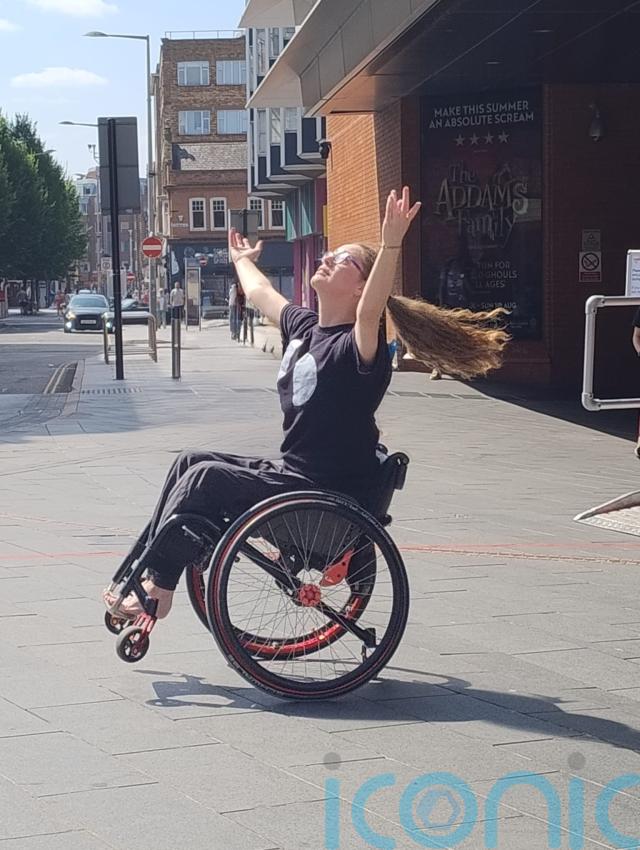
Lauren trained as a primary school teacher and taught in the classroom for 15 years, specialising in SEN education and finding her work very rewarding.
Dance, however, was an itch that remained unscratched, and when she began using a wheelchair full-time nine years ago, it reopened the door to dance in a way she had not thought possible.
In 2016, she discovered Sidekick, a community-based dance organisation which is open to participants with disabilities from all over Leicester and Leicestershire, and began to learn how to dance on wheels.
“That passion came back,” she said.
“Like a stick of rock, I’ve got ‘dancer’ through the middle.
“It just gave me that part of my identity back, which is really important.”
As her confidence with chair-dancing improved, she connected with We Are Epic, an inclusive arts organisation that supports talent development for underrepresented artists – including those with disabilities.
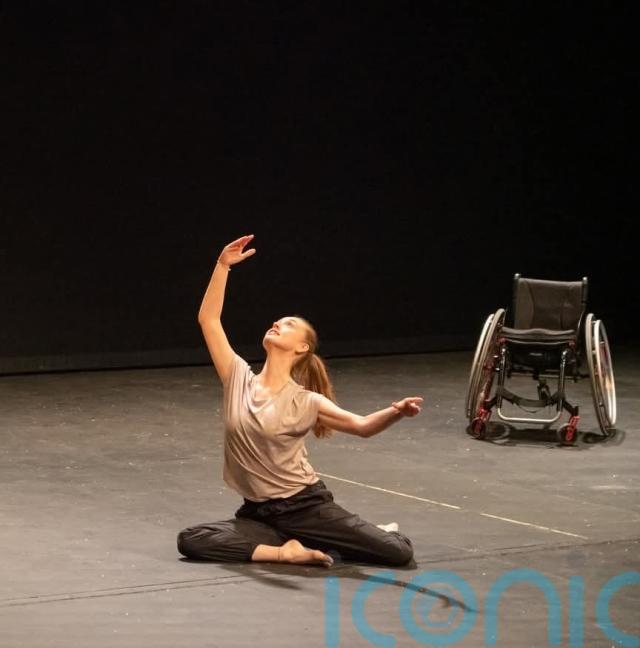
We Are Epic’s Dance Talent Development Programme, ID Dance, was the key to unlocking her future as a professional dancer, as it offers opportunities to people with “different bodies, minds and backgrounds” who want to develop a career in dance through technical skills classes, performance opportunities and support and mentoring.
Now, Lauren is a full-time professional dancer and dance teacher, having left the classroom to become a freelance professional dance artist two years ago.
“My freelance life now is really varied and I love it,” Lauren said.
“No two weeks look exactly the same, and my work is made up of a mix of dance teaching, so I’m still getting to use my teaching skills and experience from the classroom, and then the other big part is performing.
“The main organisations that I work with, We Are Epic and ID Dance, they’ve been huge in getting me to where I am now.
“So from beginning on that training development programme, I’ve then worked my way up as company co-ordinator, and now I’m their lead dance artist.
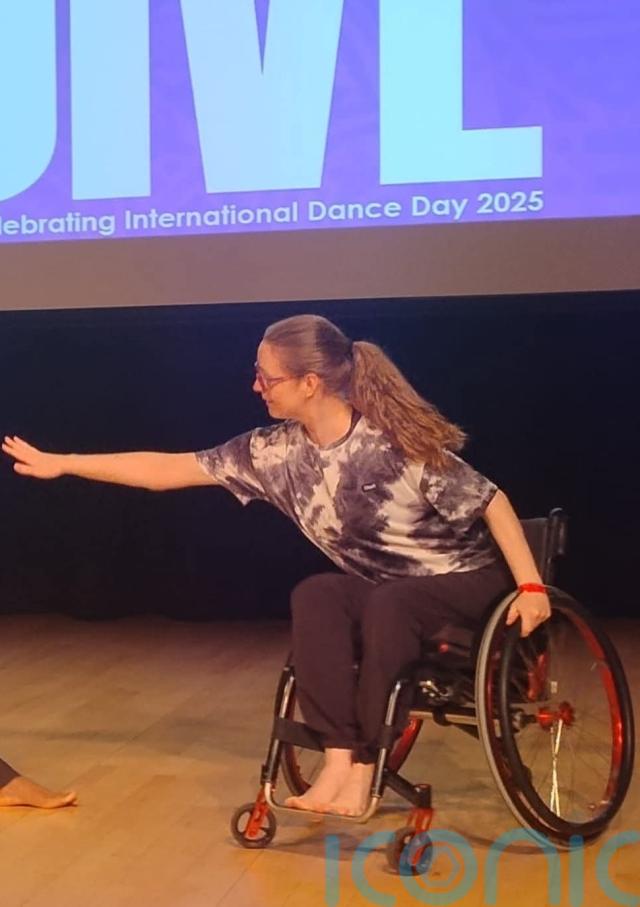
“I think that’s really worth highlighting: when disability arts organisations are well funded, the impact that they can make on the lives of disabled people and forging career pathways.
“I wouldn’t be where I am, doing what I’m doing now, without We Are Epic.”
Lauren describes herself as “very much a contemporary dancer”, but she stays connected to her ballet background.
She performs with Propel Dance, said to be the UK’s first and only professional, all wheelchair-using dance company, and says that wheelchair-based dancing offers something really special to the art form.
“Wheelchairs by themselves, they move really differently, so you get a very different aesthetic,” she said.
“There’s something really quite beautiful in the power and the speed and the glide that you can get on a chair which standing dancers cannot replicate.
“There are things that wheelchair dancers can do that standing dancers can’t, and I think that there’s a beauty in that.”
However, Lauren is passionate about highlighting that her experience of forging a career in the arts as a wheelchair user is still, sadly, very rare.
Research by Youth Music, the UK’s leading charity helping marginalised young people make and monetise music, found that disabled people have lower, shorter-term participation in the arts, and frequently encounter discrimination, fear of judgment and tokenism.
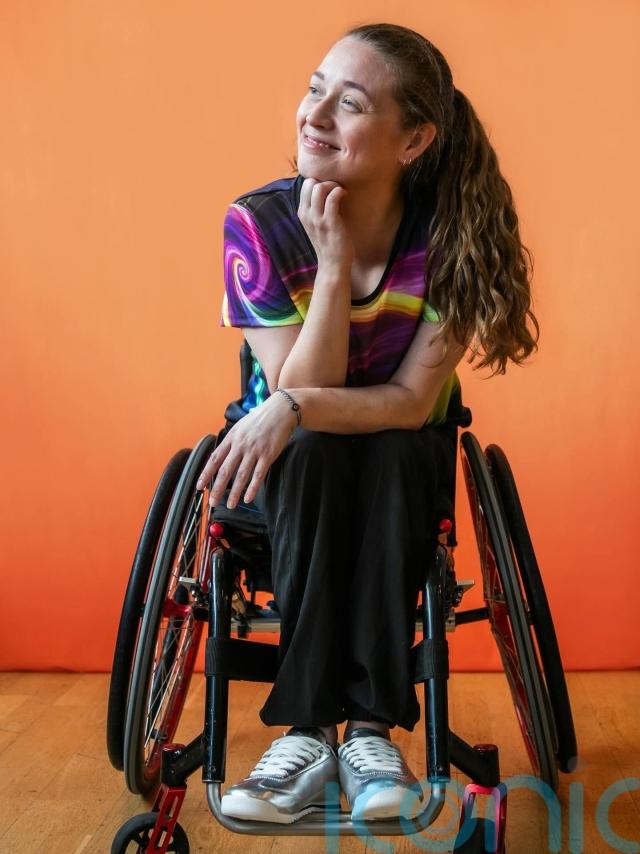
Just 9% of the workforce of regularly funded arts organisations are disabled, compared with 16% of all people in employment in the UK, Youth Music’s Excluded By Design report found.
On September 3 2025, Youth Music announced Shift the Scene, a new £2.25 million fund designed to improve access to the arts for disabled children and young people.
This, Lauren says, could go a long way to support disabled people to access their passions and forge a career in the arts.
“Had I always used a wheelchair, would my mum have sent me to my local dance school to do those ballet and tap lessons as a child? Probably not,” she reflected.
“So I had those experiences, and that’s a layer of privilege then that a lot of disabled children are missing, and that’s why it’s so important that they are exposed to arts and the creative sector, otherwise they will never know what they’re capable of and what opportunities are out there.”
“I feel like there’s a bit of a chicken and egg problem,” she added.
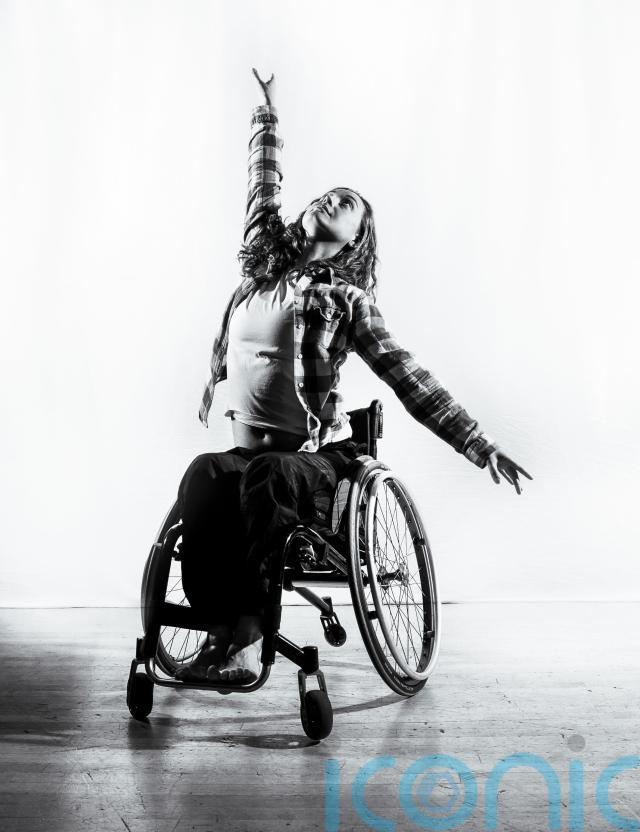
“I’m a long-term lover of dance and theatre, and I can count on one hand the amount of times I’ve seen a disabled person dance or act on stage.
“So without the visible representation, young people aren’t having those role models. They’re not seeing this as an aspirational career pathway that’s available to them.
“So then those children or young adults are not going to classes because they’re already having this sort of subliminal message: ‘This is not for you’.
“But until there’s the representation and the children recognise that there is a place for them, they’re not going to be going to the classes, so they’re not going to grow up and be the adults to be the representation on stage.”
Find out more about Youth Music’s Excluded by Design report here.
Subscribe or register today to discover more from DonegalLive.ie
Buy the e-paper of the Donegal Democrat, Donegal People's Press, Donegal Post and Inish Times here for instant access to Donegal's premier news titles.
Keep up with the latest news from Donegal with our daily newsletter featuring the most important stories of the day delivered to your inbox every evening at 5pm.